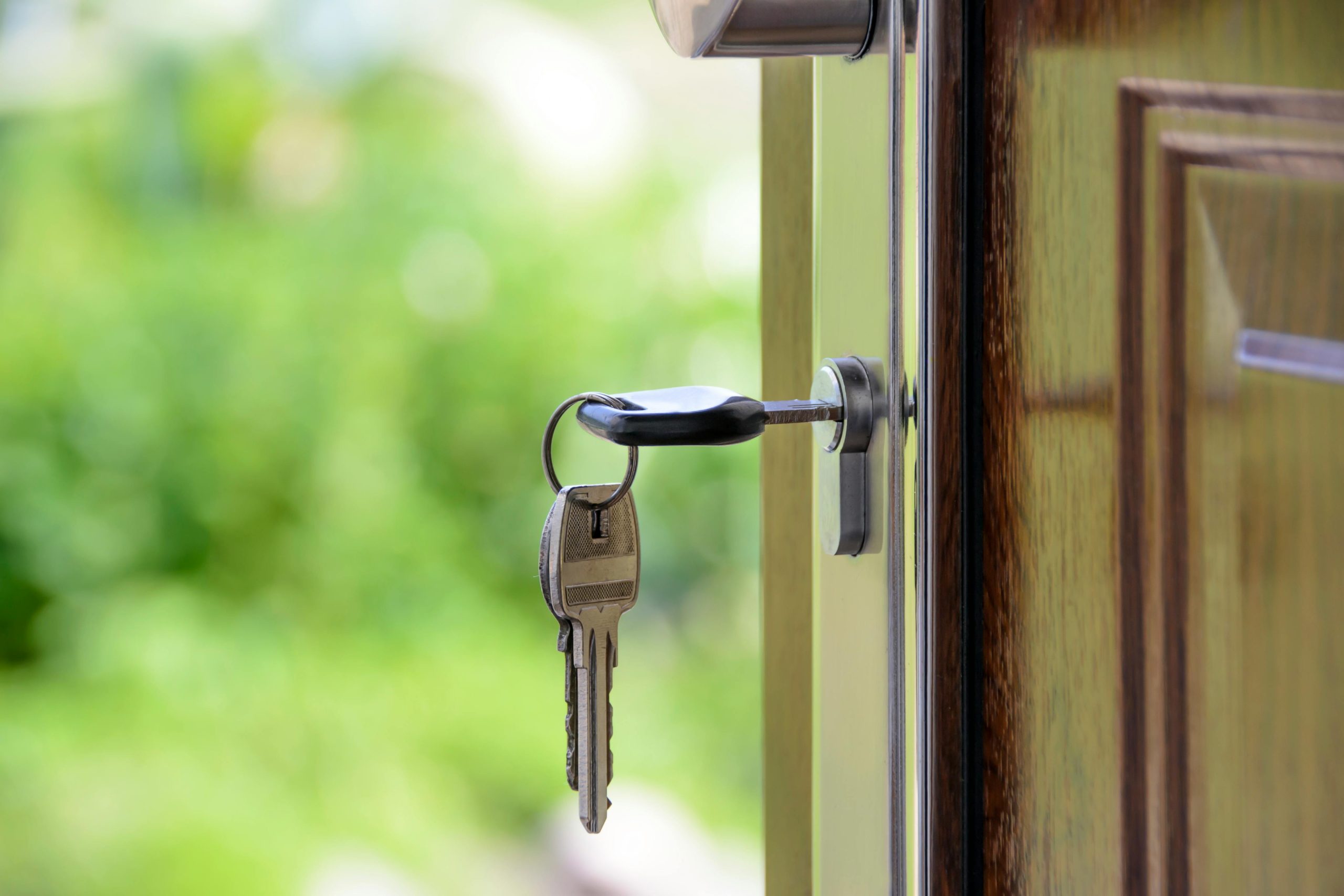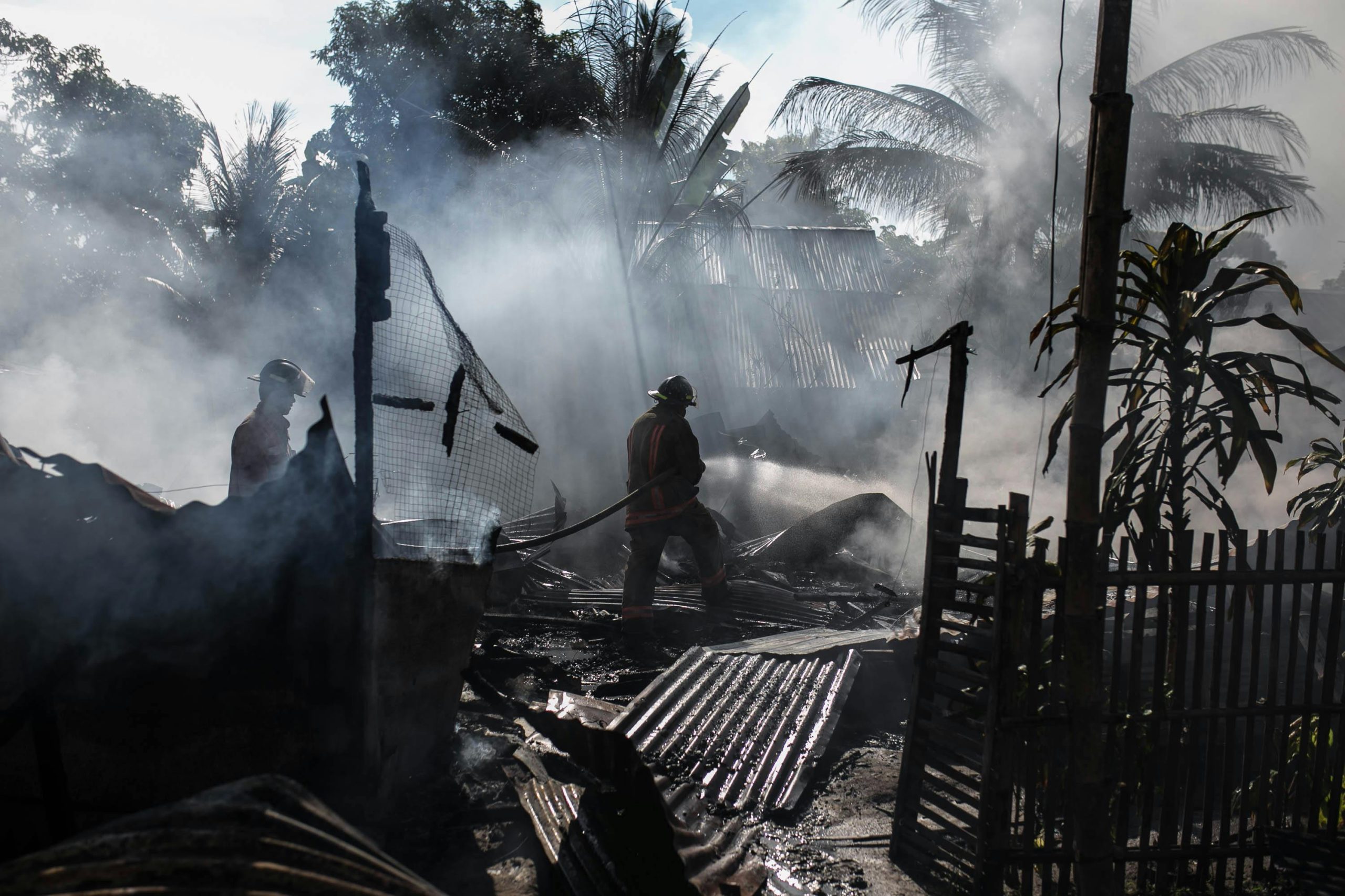Understanding Liability and Insurance When Vehicles Collide in Your Driveway
Navigating vehicle accidents that occur on personal property can be complex, especially when dealing with unoccupied vehicles. If you’re faced with a situation where two parked cars accidentally make contact in your driveway, questions often arise about insurance responsibilities and potential charges. Let’s explore this scenario and discuss the key considerations for homeowners and vehicle owners alike.
Case Overview: An Incident in a Residential Driveway
Imagine living in the Detroit suburb of Wayne County, Michigan. You’re a single individual living with your fiancée and her son. One day, your 2017 Ford Expedition, fully paid off and maintained well, is parked in your driveway. Nearby, her 20-year-old son—covered by his mother’s insurance policy—drives up in his vintage 1974 Ford F100 truck, which he’s working on as a project vehicle. The truck is licensed and insured.
After parking his truck uphill from your Expedition, he exits the vehicle. As he steps out and closes the door, the truck unexpectedly rolls backward, striking the front corner of your SUV. The incident is captured on security cameras, clearly showing he was out of the vehicle when it moved.
The Damage
Your Expedition sustains significant damage—flat tire, bumper, headlight, and potential harm to aftermarket wheels, tires, lift kit, and suspension components. The estimated repair costs are between $12,000 and $14,000. In contrast, his truck sustains only minor scratches. Both vehicles are insured, with your policy featuring broad collision coverage and a $1,000 deductible.
Key Questions Arising
- Who is liable here? Is the person who exited the vehicle responsible, even if he was out of the vehicle at the time of the collision?
- Would homeowner’s insurance cover this kind of damage?
- Is this considered an act of God or a random accident?
- Which insurance pathway could lead to higher long-term costs?
- Given prior incidents and financial considerations, what are the best steps forward?
Liability and Insurance Implications
In general, when a vehicle rolls away due to driver error or mechanical issues, the responsible party is typically held liable, regardless of whether they were inside the vehicle at the moment of movement. Since your fiancée’s son exited the truck and it then started rolling, he could be deemed at fault, especially if negligence is proven—such as not securing the vehicle properly.
Homeowner’s insurance usually does not cover



